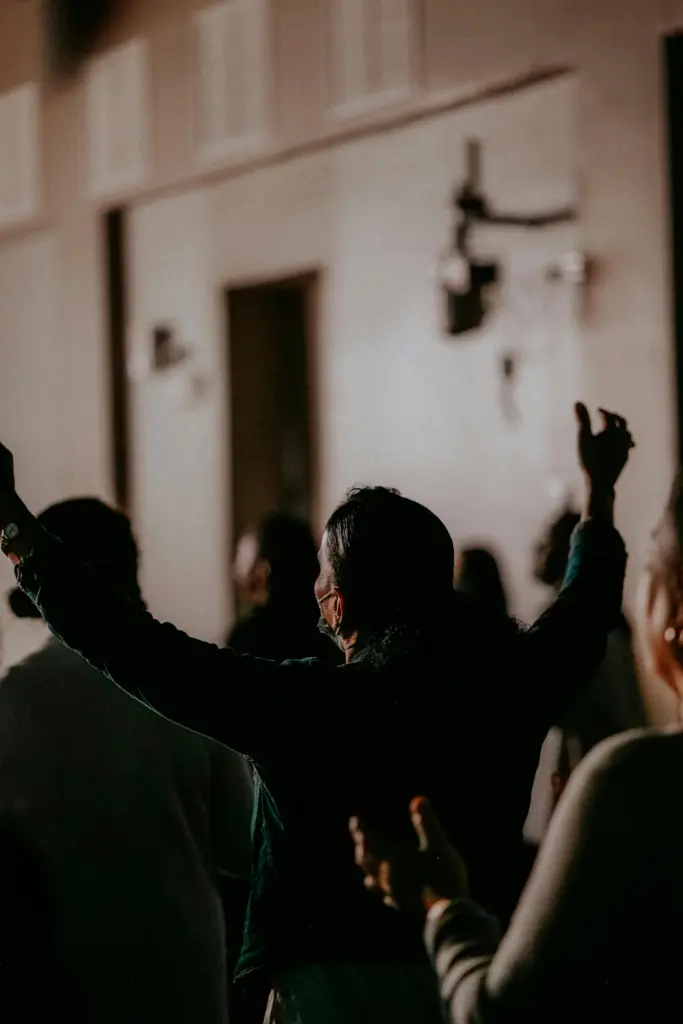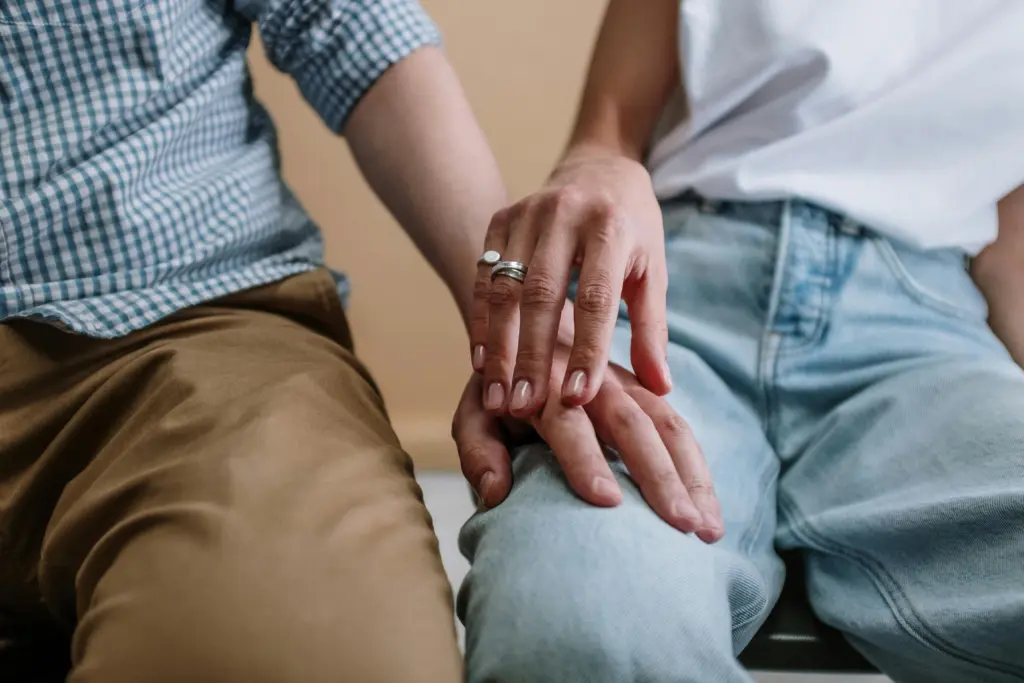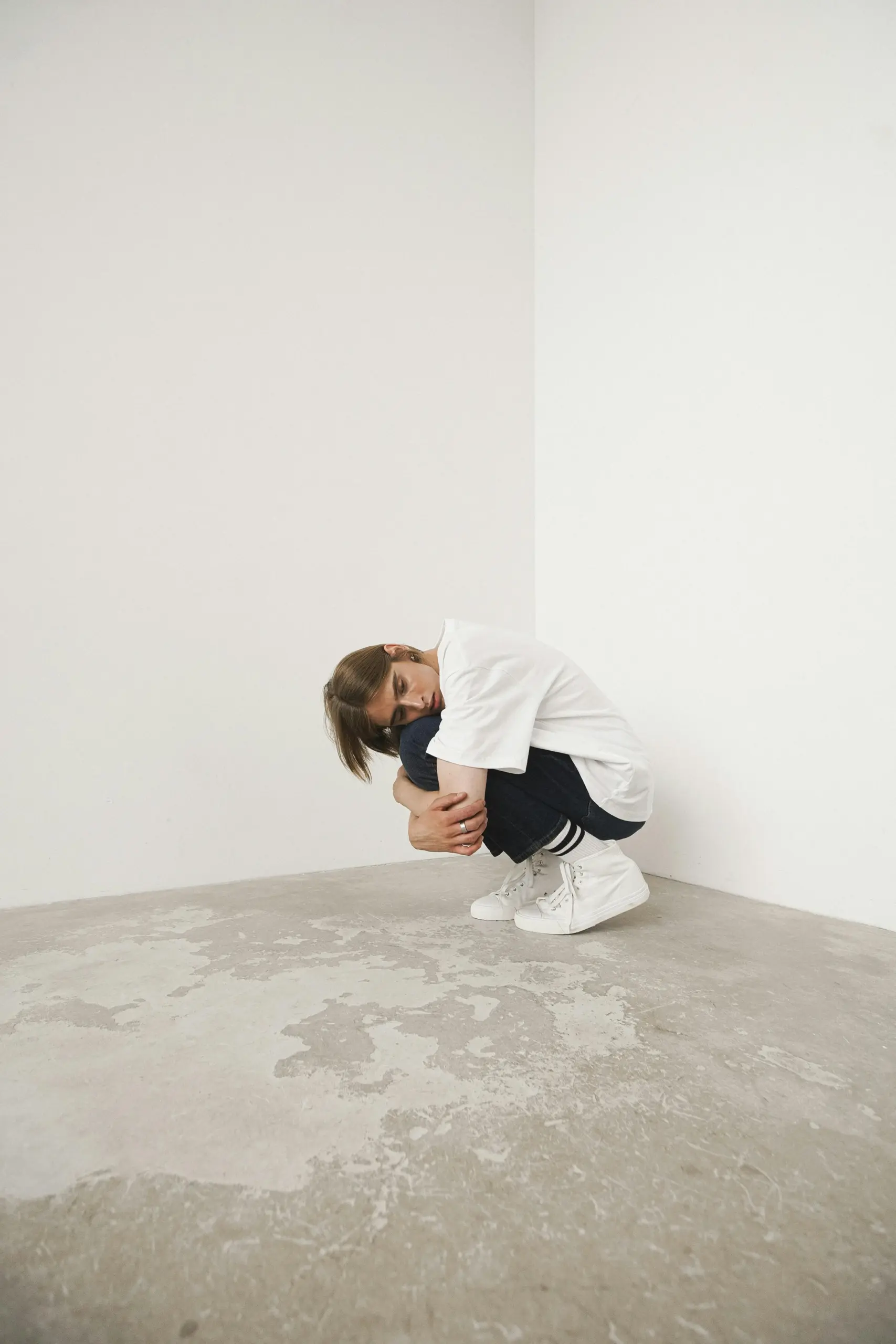Recovery isn’t a destination, but a daily journey that requires the right tools and support.
Many people in recovery struggle without structured activities to prevent relapse, leaving them vulnerable during challenging moments. The good news?
Specific relapse prevention group activities can build lasting resilience and create the foundation for long-term sobriety. These proven activities help recovery centers and support groups create environments where healing thrives and hope grows stronger every day, and are ones that we implement in our programs.
It’s important to note that recovery practices at home can only be as good as the inpatient recovery a patient has received prior. We are happy to discuss options for your friend or family member in our abstinence-based facility so they can be resilient during their outpatient recovery.
Related: What Is Chemical Dependency?
Why Group Activities Strengthen Recovery Success
Group participation creates powerful healing opportunities that individual therapy alone cannot provide. When people come together in recovery, something special happens: connections form, accountability grows, and healing accelerates.
Creating Accountability Through Shared Experiences
Support group activities for recovery naturally build accountability systems that keep participants engaged and committed. When you share your struggles and victories with others walking the same path, you create bonds that strengthen your resolve to stay sober.
Group members become invested in each other’s success. They notice when someone seems stressed or withdrawn. They celebrate small victories together and offer encouragement during difficult times. This natural accountability system provides motivation that extends far beyond group meeting times.
Regular participation in relapse prevention group activities helps people stay honest about their recovery journey. It’s harder to minimize problems or make excuses when trusted group members can see through denial and offer loving confrontation when needed.
All of our programs include a group-based element, both for patients and for family members.
Building Communication Skills in Safe Environments
Many people in recovery have spent years avoiding difficult conversations or numbing emotional pain with substances. Group activities provide safe spaces to practice expressing feelings, discussing triggers, and working through conflicts without turning to drugs or alcohol.
These skill-building activities for relapse prevention teach participants how to identify and name their emotions. Through structured discussions and role-playing exercises, group members learn to communicate their needs clearly and ask for help when struggling.
Healthy communication becomes a powerful tool for preventing relapse. When people can express their feelings and seek support before reaching a crisis point, they’re much less likely to turn to substances as a coping mechanism.
Reducing Isolation That Leads to Relapse
Addiction creates profound isolation that often continues into early recovery. Many people feel disconnected from family and friends who don’t understand their struggles. Building resilience in recovery groups directly addresses this isolation by creating new social connections based on shared experience and mutual support.
Sober living activities within group settings help participants practice social skills in environments where everyone understands the challenges of recovery. These interactions build confidence and provide templates for healthy relationships outside the group setting.
Regular group participation replaces the social aspects of drinking or drug use with meaningful connections that support sobriety rather than undermining it.
How Interactive Activities Build Coping Skills

The most effective relapse prevention group activities engage participants actively rather than passively.
Interactive approaches help people practice new skills, explore difficult emotions, and build confidence in their ability to handle challenging situations without substances.
Role-Playing Scenarios for Trigger Management
Engagement techniques for recovery groups often include structured role-playing exercises that help participants practice responding to high-risk situations. These activities might involve scenarios like handling work stress, dealing with relationship conflicts, or navigating social situations where alcohol is present.
During these exercises, group members take turns playing different roles while others observe and provide feedback. This approach allows everyone to learn from each other’s strategies and build a toolkit of healthy responses to common triggers.
Role-playing activities build confidence by allowing people to rehearse difficult situations in a safe environment. When real-life challenges arise, participants feel more prepared because they’ve already practiced healthy responses with group support.
Mindfulness and Stress Reduction Exercises
Mindfulness activities for recovery have proven highly effective in preventing relapse by teaching people to observe their thoughts and emotions without immediately reacting. Group mindfulness sessions create shared experiences that deepen the practice and provide ongoing motivation.
These activities might include guided meditations focused on accepting difficult emotions without judgment. Progressive muscle relaxation exercises help participants learn to release physical tension that often accompanies stress and cravings.
Group breathing exercises teach simple techniques that people can use anywhere when they feel overwhelmed. When everyone practices together, it normalizes these healthy coping strategies and makes them feel more accessible.
Creative Expression Through Art and Writing
Creative therapies in group sessions provide outlets for emotions that might be difficult to express through words alone. Art therapy activities allow participants to explore their recovery journey through drawing, painting, or sculpture while processing experiences with group support.
Writing exercises like guided journaling help people identify patterns in their thinking and emotional responses. Sharing written reflections with the group creates opportunities for feedback and connection around common struggles and victories.
Music therapy sessions might involve writing songs about recovery experiences or using rhythm and movement to release stress and express emotions in healthy ways.
We have a fully abstinence-based facility to ensure that all patients are able to focus on the creative, collaborative, and mindfulness-based activities we have in our group programs.
Problem-Solving Activities for Real-Life Challenges
Effective relapse prevention group activities include structured problem-solving exercises that help participants address real challenges they’re facing in recovery. These might involve group brainstorming sessions where everyone contributes ideas for handling specific situations.
Decision-making exercises teach systematic approaches to evaluating options and considering consequences before acting. These skills prove invaluable when people face decisions that could impact their sobriety.
Resource sharing activities help group members learn about community supports, treatment options, and practical tools for maintaining recovery in daily life.
What Makes Relapse Prevention Activities Most Effective

Not all group activities provide equal benefits for people in recovery. The most effective approaches share certain characteristics that maximize engagement and learning while creating safe environments for growth.
Structure That Provides Consistency and Safety
Successful support group activities for recovery follow predictable formats that help participants feel secure and know what to expect. Regular meeting times, consistent locations, and familiar routines create stability that many people in recovery desperately need.
Clear group guidelines establish boundaries around confidentiality, respectful communication, and participation expectations. These structures create psychological safety that allows people to be vulnerable and honest about their struggles.
Consistent facilitation helps groups maintain focus and ensures that activities remain therapeutic rather than becoming social gatherings that might drift away from recovery goals.
Facilitator Guidance Combined with Peer Support
The most effective relapse prevention group activities balance professional guidance with peer leadership opportunities. Trained facilitators provide structure and intervene when discussions become counterproductive, while also creating space for participants to support each other.
Skilled facilitators know when to guide discussions and when to step back and allow peer support to emerge naturally. They help groups process difficult emotions and ensure that everyone has opportunities to participate without feeling pressured.
Peer leadership opportunities allow group members to practice helping others, which strengthens their own recovery while building confidence and purpose.
Activities Tailored to Individual Recovery Stages
Early recovery requires different approaches than long-term maintenance. Effective programs adapt their relapse prevention group activities to meet participants where they are in their recovery journey.
People in early recovery often benefit most from basic coping skills training and education about addiction and recovery processes. Middle-stage recovery activities might focus more on relationship building and addressing underlying emotional issues.
Long-term recovery activities often emphasize personal growth, service to others, and maintaining motivation for continued sobriety even when life becomes more stable.
When to Implement Different Activity Types
Timing matters when it comes to implementing various group activities. Different types of engagement work better at different frequencies and stages of group development.
Daily Check-In Activities for Routine Building
Brief daily activities help people maintain connection with their recovery goals and support network. These might include morning intention-setting exercises where participants share one goal for staying sober that day.
Evening reflection activities help people process the day’s challenges and successes while reinforcing positive changes. Quick mood check-ins allow group members to identify when they need additional support.
These daily touchpoints create routine and accountability that strengthen recovery between more intensive group sessions.
Weekly Deep-Dive Sessions for Skill Development
Weekly sessions provide time for more intensive skill-building activities for relapse prevention. These longer sessions allow for extended role-playing exercises, in-depth discussions of challenging topics, and comprehensive skill-building workshops.
Educational components might cover topics like understanding triggers, recognizing warning signs of relapse, or learning about the neurological aspects of addiction recovery.
Processing activities help participants integrate new learning with their personal recovery experiences and develop personalized strategies for applying new skills.
Monthly Milestone Celebrations and Goal Review
Monthly gatherings provide opportunities to acknowledge recovery achievements and set new goals for continued growth. These celebrations reinforce positive changes and provide motivation for continued effort.
Goal review sessions help participants assess their progress, identify areas needing additional attention, and adjust their recovery strategies as they move through different phases of healing.
Community-building events strengthen bonds between group members and create positive associations with sober social activities that can replace previous social situations centered around substance use.
Where to Find and Implement Recovery Activities
Finding the right environment for relapse prevention group activities makes a significant difference in their effectiveness. Different settings offer unique advantages for people at various stages of recovery.
Professional Treatment Center Programs
Comprehensive treatment facilities integrate group activities throughout their programming to maximize therapeutic benefits. A quality residential program provides structured daily activities that build on each other to create lasting change.
Medical detox programs like the ones at our facility often begin introducing gentle group activities as soon as people are medically stable, helping them start building connections and coping skills even during the earliest stages of recovery.
Outpatient programs typically offer intensive group sessions multiple times per week, allowing participants to practice new skills while maintaining their daily responsibilities and applying learning in real-world situations.
Professional settings provide trained facilitators who can adapt activities to meet individual needs while ensuring that groups remain therapeutic and focused on recovery goals.
Community Support Group Meetings
Traditional support groups like Alcoholics Anonymous and Narcotics Anonymous have successfully used group activities for decades. These peer-led meetings demonstrate how simple activities like sharing personal stories and working through structured programs can create powerful healing communities.
Many community groups incorporate additional activities like meditation sessions, book studies, or service projects that strengthen member connections while building skills for maintaining long-term sobriety.
The accessibility of community groups makes them valuable resources for people who need ongoing support but may not have access to professional treatment programs.
We actively support 12-step programs within our programs for this very reason!
Online Recovery Communities and Resources
Virtual group sessions became increasingly important during the pandemic and continue to serve people who cannot attend in-person meetings due to location, health, or schedule constraints.
Online platforms allow for creative approaches to group activities, including virtual art sessions, guided meditations, and interactive discussions that connect people across geographic boundaries.
Digital tools can enhance traditional group activities by providing resources for practice between meetings and ways to maintain connection during challenging times.
Specialized Recovery Housing Programs
Sober living facilities provide unique opportunities for implementing daily group activities in residential settings where participants live together and support each other’s recovery 24/7.
Recovery is strengthened when people connect with others who understand their struggles and celebrate their victories. Relapse prevention group activities provide structured opportunities for building the relationships, skills, and resilience necessary for long-term sobriety.
Whether you’re beginning your recovery journey or looking to strengthen your existing support network, professional treatment programs offer comprehensive approaches that integrate effective group activities with other evidence-based therapies.
The Springboard Center provides complete recovery programming that includes intensive group activities designed to build lasting resilience and prevent relapse. Our experienced team understands that recovery happens in community, and we create environments.
If you’re ready to build resilience through proven group activities and comprehensive treatment, rehab in Midland, Texas offers the professional support you need. Contact us today to learn how our evidence-based programming can support your journey toward lasting recovery and renewed hope for the future.




